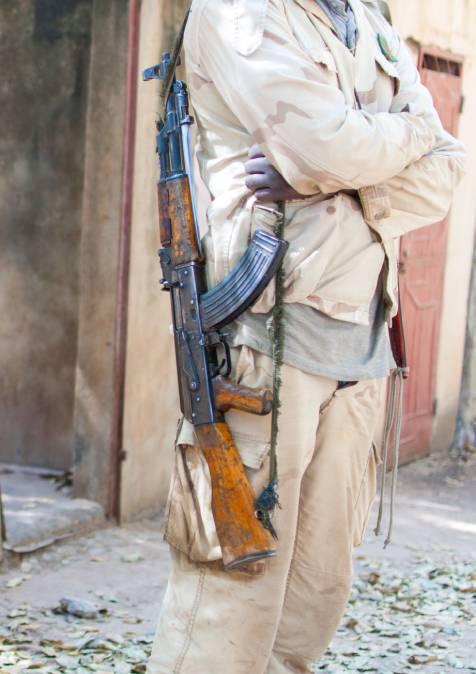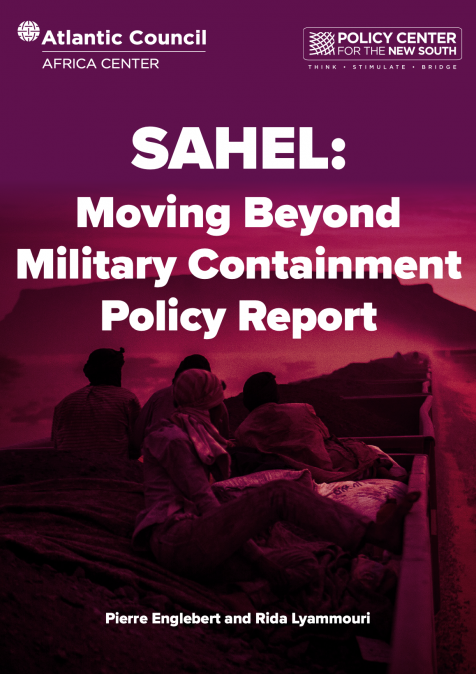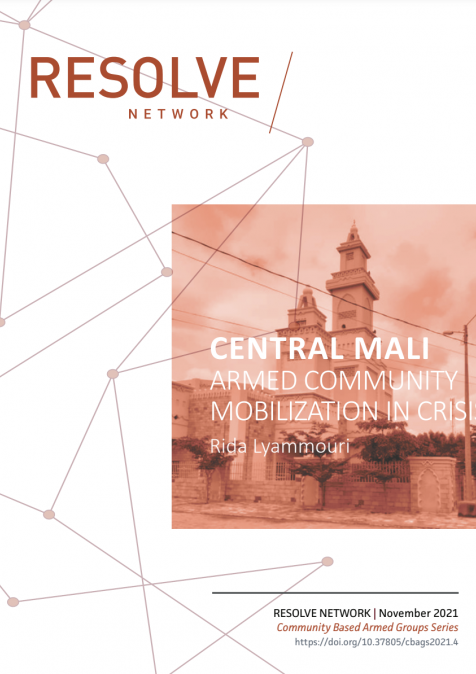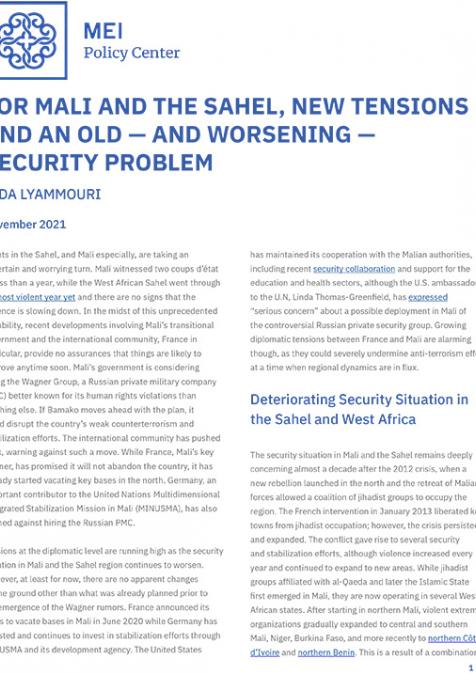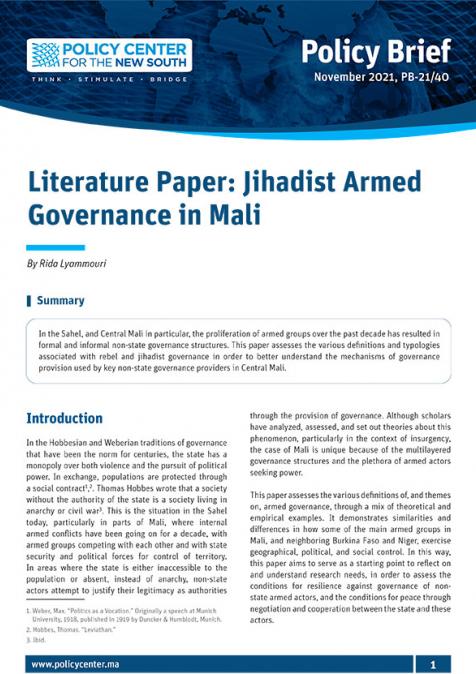In this episode of Africafé, Rida Lyammouri will talk about the ongoing conflicts in the Sahel, evoking the instability in Mali and Burkina Faso and suggests ways forward for greater engagement from the international community in helping fragile states in the region.
Speakers
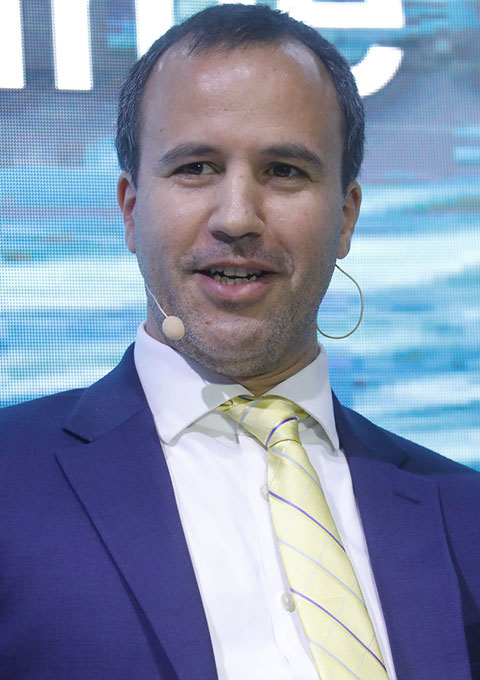
Rida Lyammouri
Senior Fellow
Rida Lyammouri is a senior fellow at the Policy Center for the New South (PCNS). He is also a senior West Africa and Lake Chad Basin researcher and advisor, with expertise in regional conflicts, violent extremism, climate change, migration, and trafficking. He specialises in analysing climate-conflict interactions in the Lake Chad Basin, West Africa, and the Sahel, studying resource scarcity, adaptive strategies, and socio-economic impacts. His multidisciplinary approach combines climate science and conflict analysis, offering insights into the region's climate-security nexus.
...

Youssef Tobi
International Relations Specialist
Tobi Youssef has joined the Policy Center for the New South in 2017. He is currently working on Politics and Governance in the Maghreb Region; his areas of expertise are geopolitics, political risk and nation building. Youssef Tobi obtained a Master Degree at Sciences Po Lyon where he wrote two thesis on “ the role of Moroccan Bank in Africa, a non-state actor in service of the Diplomacy” and the“ Chasm between the mediatic and associative representation of refugees : a case study”.
Prior to working at the Think tank, Tobi Youssef participated in a Social Entrepreneurship Project in Beirut, Lebanon and conducted an internship in a NGO based in Marseille where he assisted refugees and helped raise funds.
...

